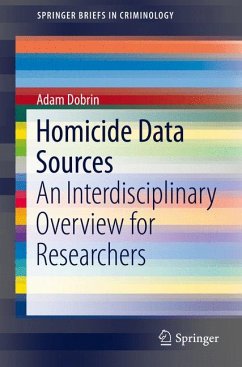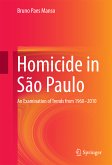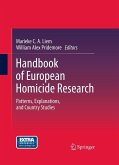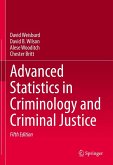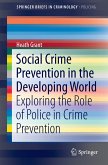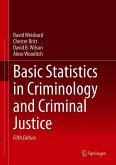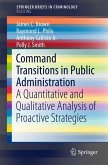This Brief includes detailed discussions of the benchmark sources in the United States: police data compiled by the Federal Bureau of Investigation's Uniform Crime Reporting Programs, as well as the Center for Disease Control and Prevention's National Center for Health Statistics' National Vital Statistics System. It also brings to light in one place many other less commonly-known sources for the United States.
The author also highlights international data sources with worldwide data, but not country-specific studies. For each source covered, this unique work provides discussion of how to access the data source, interpret data from the source, and provides necessary background information about strengths and weaknesses of the sources. It does not presume expertise in statistics or methodology, and assumes no prior exposure to the data sources described. It is organized by data source, with some comparisons between the sources. It will be useful as a guide for researchers in Criminology and Criminal Justice, Public Administration, Demography, and any related field interested in homicide statistics.
Dieser Download kann aus rechtlichen Gründen nur mit Rechnungsadresse in A, B, BG, CY, CZ, D, DK, EW, E, FIN, F, GR, HR, H, IRL, I, LT, L, LR, M, NL, PL, P, R, S, SLO, SK ausgeliefert werden.

